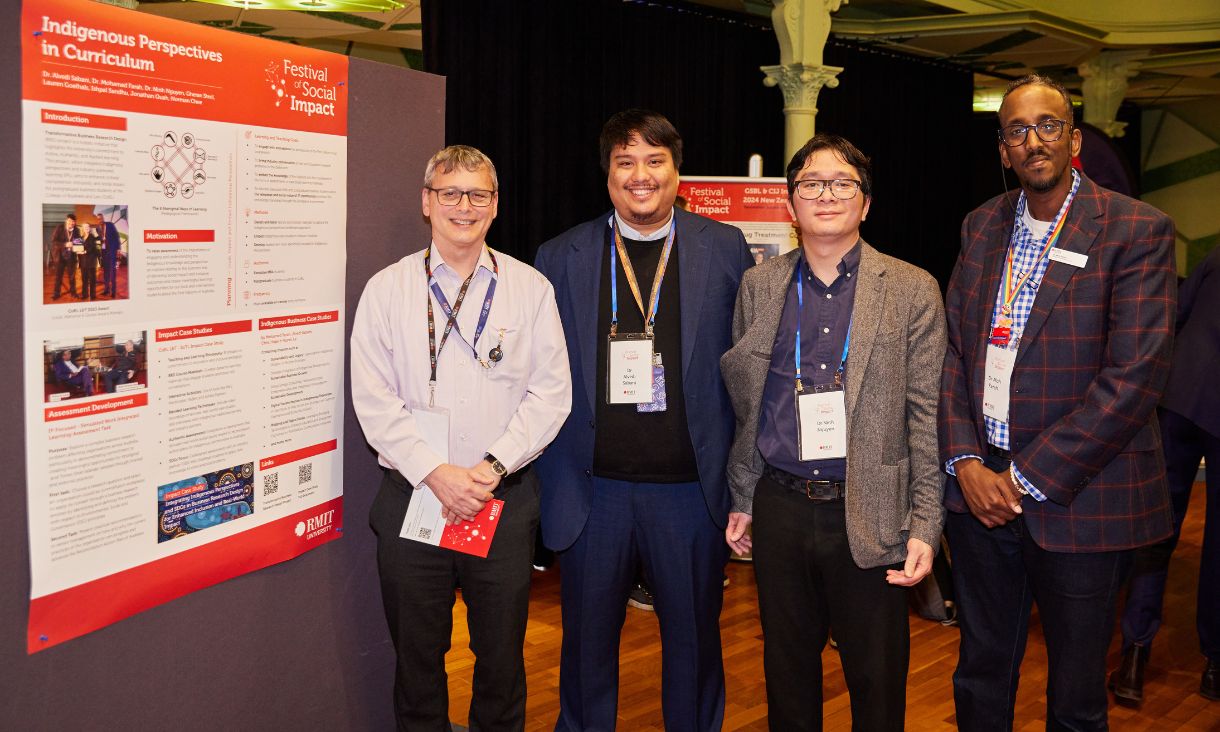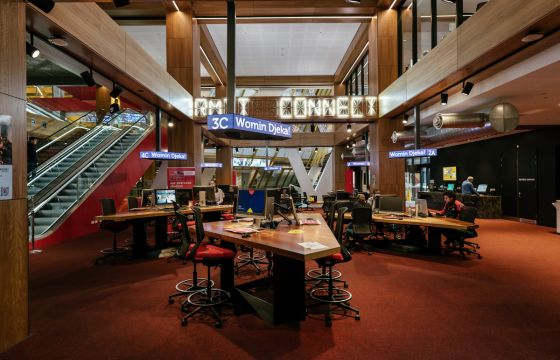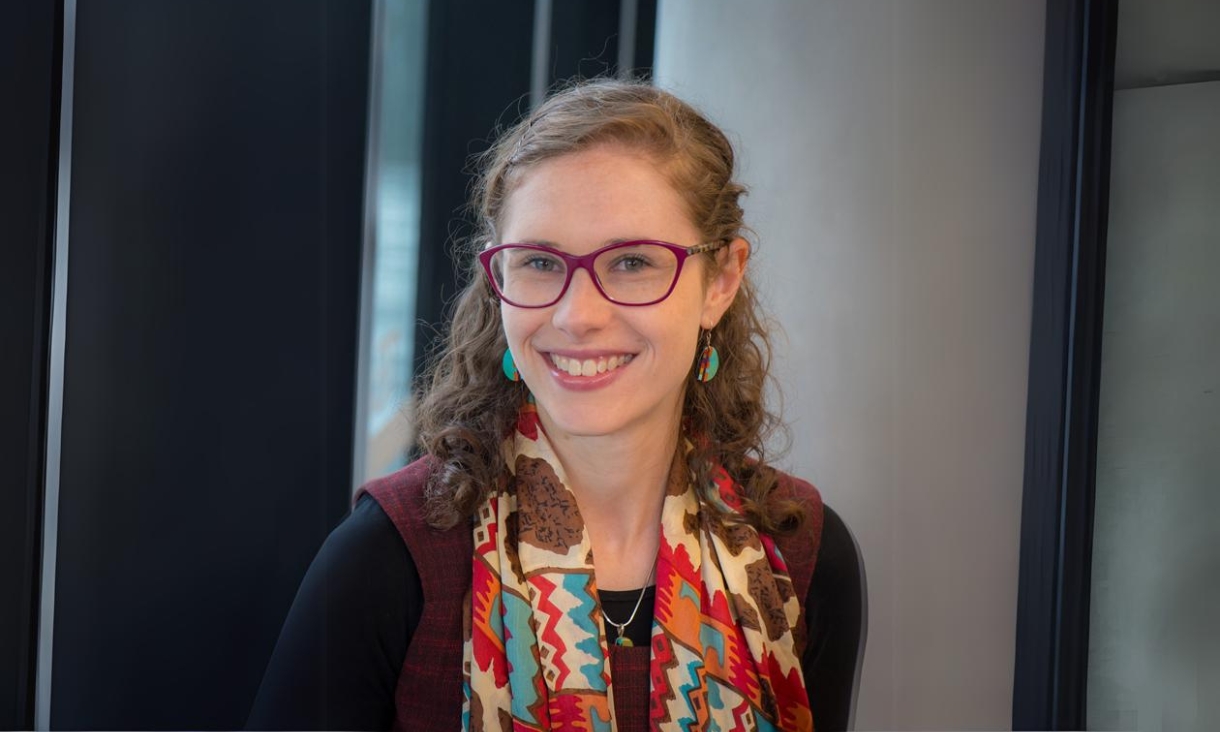Bringing inclusion and social impact to life through active, authentic and applied learning
The work began in 2022, with the integration of Indigenous perspectives into coursework and industry partnered learning opportunities.
Students worked with industry partners such as Coca Cola and Adobe Express on complex business research issues exploring the role of organisations in engaging with Indigenous perspectives and contributing to the advancement of Reconciliation Action Plans.
Additionally, course learning materials were enhanced with real-world case studies as well as interviews with Indigenous traditional owners and industry partners to help bring subject matter to life for students.
The team worked with the Library to publish a new e-textbook, “Indigenous Business Case Studies”, which consists of seven case studies that explore the integration of Indigenous perspectives into contemporary business practices.
Dr Farah highlighted the utility of this to students throughout the course.
"It serves as a vital resource for students and educators, promoting deeper understanding of Indigenous perspectives in the business context," Dr Farah said.
"The text enriches curriculum and fosters an inclusive learning environment that respects and values diverse cultural backgrounds."
Gheran Yarraman Steel, Senior Manager Planning and Transformation within the Policy Strategy and Impact portfolio oversees the development and implementation of RMIT’s Responsible Practice strategy and consulted closely with the project team on this work.
"This initiative brings to the forefront critical indigenous issues that challenge businesses today including indigenous rights, reconciliation and environmental stewardship," Mr Steel said.
"Engaging with this content prepares our students to be true global citizens. It equips them with a practical understanding of indigenous issues they will encounter in their professional careers and challenges them to contribute meaningfully to society through their work."
A distinctive feature of the re-designed Business Research Design course is the integration of authentic assessments that provide students with the opportunity to tackle real-world social issues related to the SDGs and codesigned with industry partners.
A 2024 partnership with DiDi further embedded this through an applied learning project where students explored the themes of equality and equal access.
Associate Director Strategic Partnerships, Lauren Goethals, engaged DiDi to understand their current issue in this space and worked closely with the course coordinator to align course activities with the industry project brief.
"By collaborating with DiDi we were able to provide a real-world project that students could work on and create innovative solutions to equal access and inclusion in the ride-share ecosystem," Ms Goethals said.








